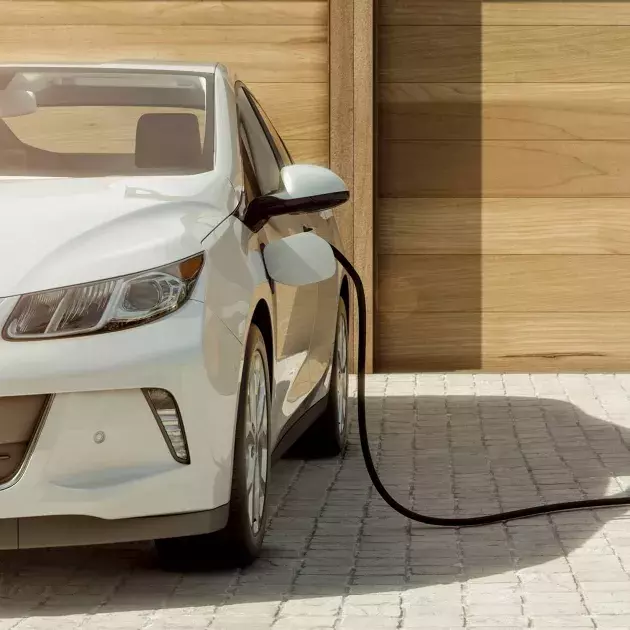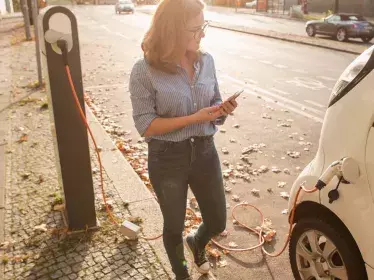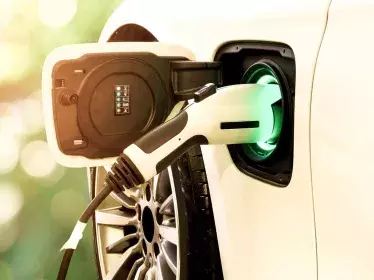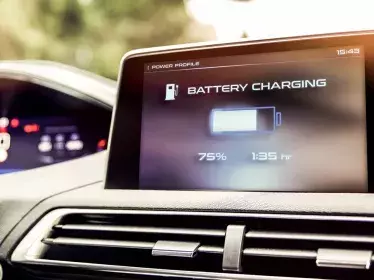The cost per kilometre of an electric car journey ranges from €0/100km to over €27/100km, with an average of €7-8/100km! But why is there such a difference? Because, in addition to the vehicle's consumption, it depends on the type of charging station, the payment method used and the charging speed. Let’s take a closer look…
By using solar panels to charge at home, you can take advantage of solar power free of charge (except for the initial investment in equipment). You can often even charge entirely for free at work and in some supermarket or shopping centre car parks where customers are offered the use of charging stations.
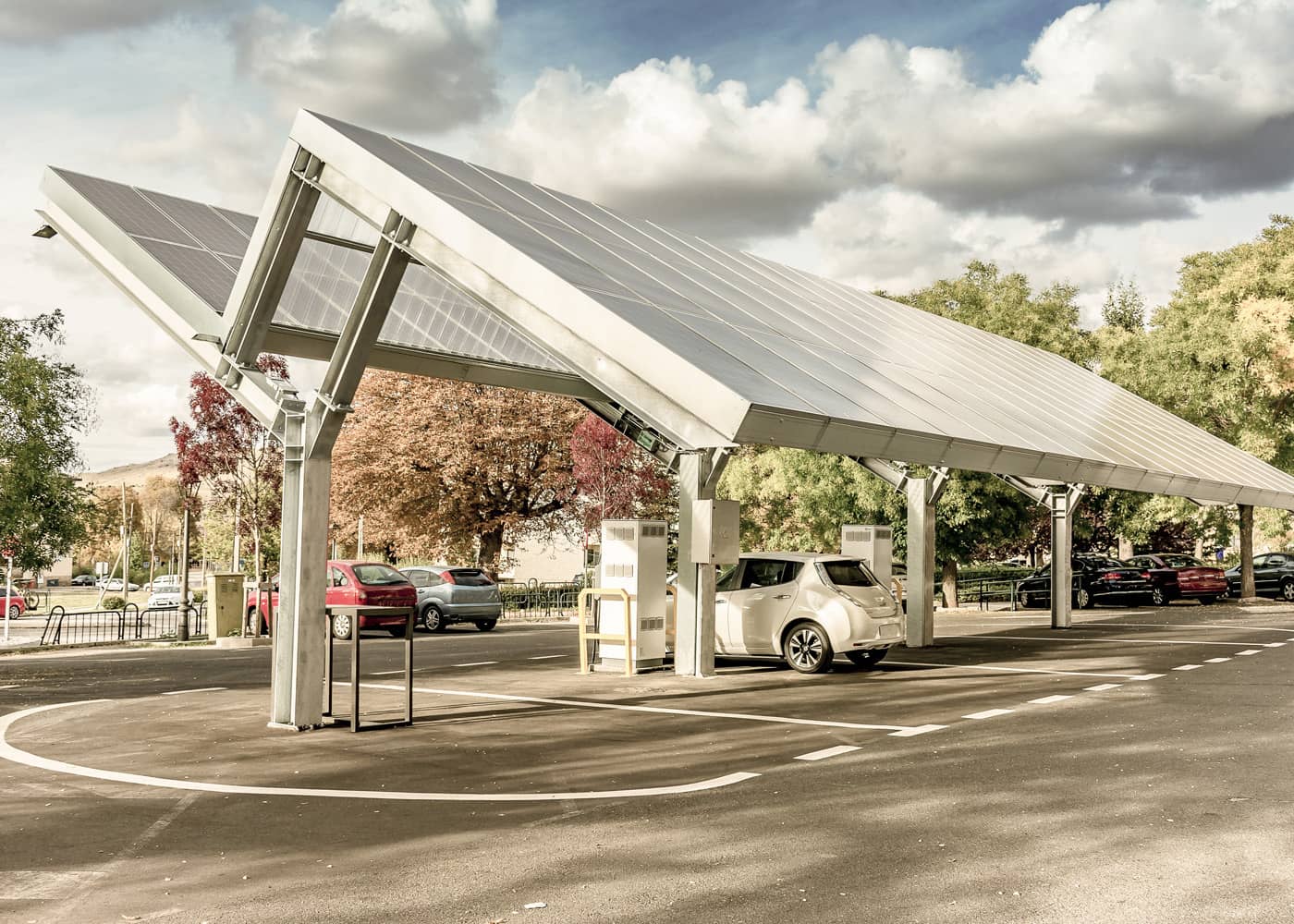
A home charging point also accesses electricity from the grid, at your contract kWh price. This is typically around 20 cents per kWh. On 'slow' or 'semi-fast' public charging stations, i.e. a maximum of 22kW, the price is generally less than €0.40/kWh. Faster charging tends to cost in excess of €0.50/kWh. Charging stations providing more than 100kW already cost a minimum of €0.69/kWh. This can increase to €0.79 and even to more than €1/kWh. That is, without subscription − since some operators offer preferential rates to their subscribers.
It should be noted that in Belgium the charging stations charge per kWh, whereas in France, the rate is generally calculated per minute. This can be frustrating if the charging station fails to charge at full speed! And that’s when you can end up with huge top-up costs. Fortunately, they can be compensated for with free charges or home refills that are much cheaper than refuelling at the pump. If you use your household equipment and electric vehicle in the right way, you can achieve at least €5/100km!


